|
Teaching high school senior seminars and observing outcomes has been one of the highlights of my career as an educator. The benefits of high school senior seminars are out of this world.
I have witnessed and been a part of implementing a variety of senior seminars, which essentially consists of the facilitation of a year-long (or semester-long) senior project. There has been a lot of trial and error, and I have developed a comprehensive senior experience that incorporates the best parts of each of those senior project varieties.
0 Comments
Student-led project-based learning doesn’t have to be difficult, expensive, challenging, or time-consuming to set up.
Self-directed PBL is, however, a very unique learning experience, and the classroom or homeschool should be set up in a way that is conducive to self-direction and the distinct elements of project-based learning. There are not specific classroom project-based learning materials required for student-led PBL, but I do have some suggestions for general supplies that do nurture these experiences. Let’s dive in. I pride myself in creating classroom community in my experiential learning high school that is strong, positive, and trusting.
I don't claim to be fantastic at everything related to experiential learning, but I place priority on creating community in the classroom from day 1 of the learning year because it plays such an important roll in the experience as a whole. What is experiential learning anyway? How is experiential learning defined? What does K12 classroom experiential learning look like? What are the characteristics of experiential learning? What are examples of experiential learning? What are experiential learning activities? Why is experiential learning important and what are the benefits? I get these questions a lot.
"I would love to start teaching project-based learning to student-led learners, but I'm a beginner and I'm feeling really uncertain and overwhelmed by the learning curve".
I get this comment in my inbox quite often and my response is always that you have to start student-directed project-based learning somewhere. You might as well start now and with a few tricks of the trade in your back pocket.
What is project-based learning? What is self-directed learning and how is self-directed project-based learning different than standard PBL? Why is self-directed project-based learning important for learners?
Get your answers! Start here. Six Essential Components of Project-Based Learning Design that Effectively Deepen Learning7/14/2024
Project-based learning is powerful and potentially life-changing for learners, offering them the chance to experience deep and meaningful learning experiences while also building essential skills. There are components of project-based learning, however, that maximize the potential for impactful experiences. Let's take a closer look at those components.
What are some ideas for senior project components and how do those phases come together to form a comprehensive senior experience that will set your students up for life? Learn more here!
What are the essential project-based learning steps, especially those steps involved in student-directed PBL?
Self-directed project-based learning is an awesome learning experience for everyone, giving students choice and voice in the PBL design and execution processes. But what steps do they need to take? What steps do YOU need to take as a facilitator? Read on!
If you are in secondary education, implementing a senior project for high school students has likely crossed your mind. You've mulled over the costs and benefits of senior projects, the time commitment, how to develop a senior project program, what your senior project would look like, and more.
But if you're reading this, you've likely not taken the plunge but are looking for inspiration. This is the post for you. Why are senior projects important? |
Blog IntentTo provide innovative educational resources for educators, parents, and students, that go beyond lecture and worksheets. AuthorSara Segar, experiential life-science educator and advisor, curriculum writer, and mother of two. Categories
All
|
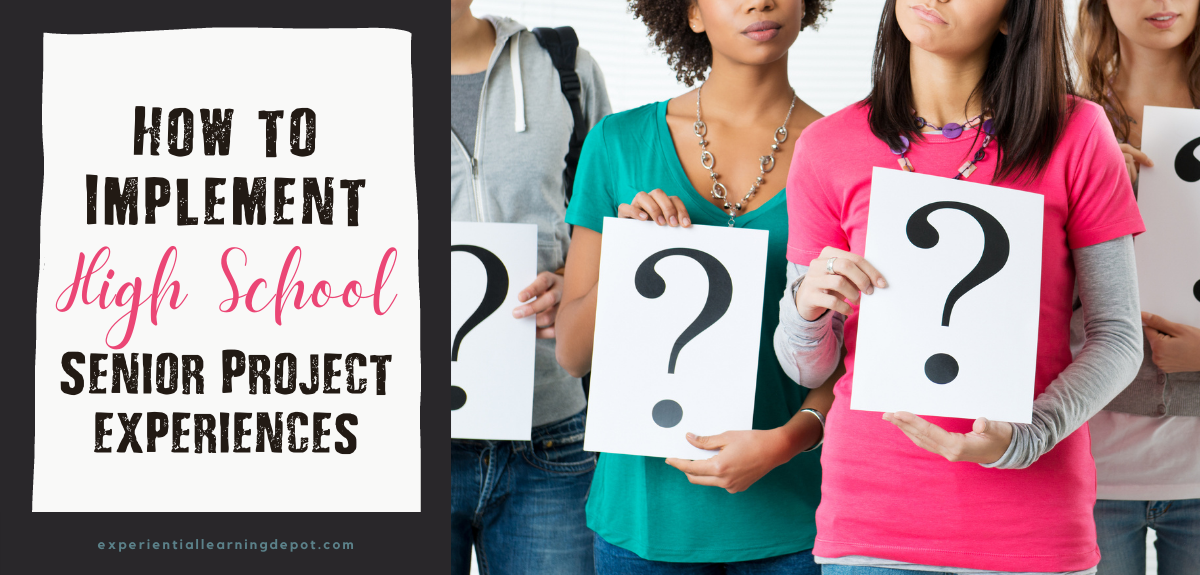
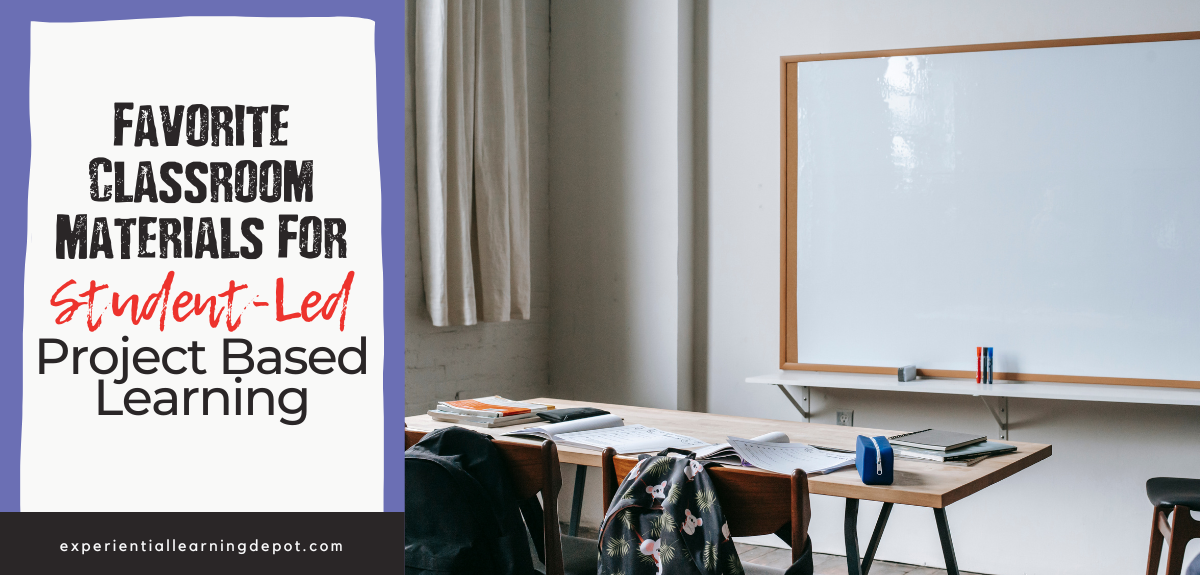
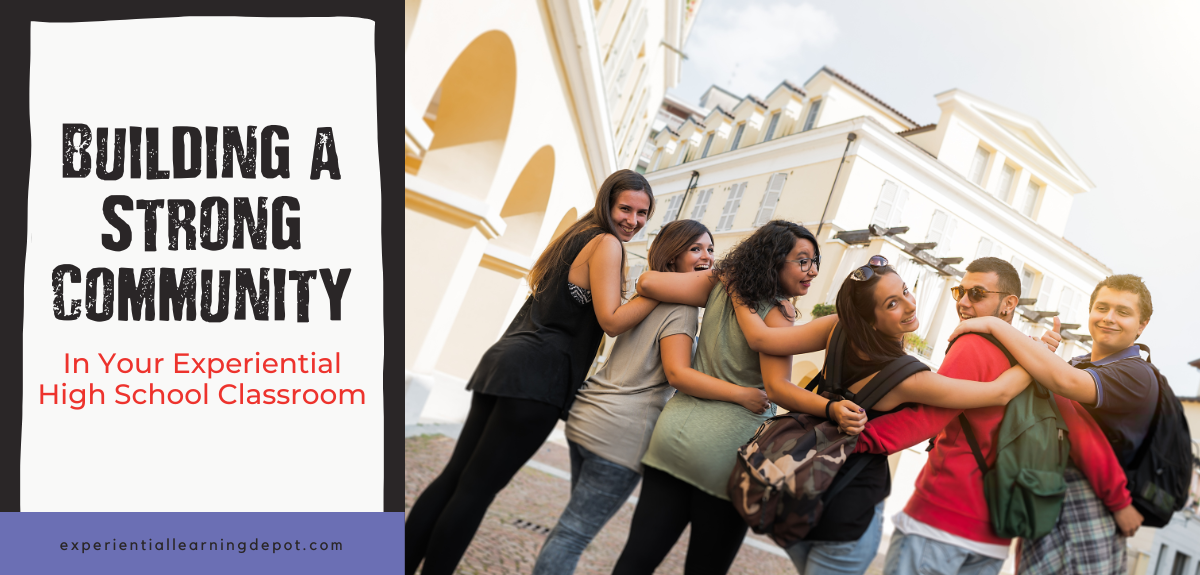
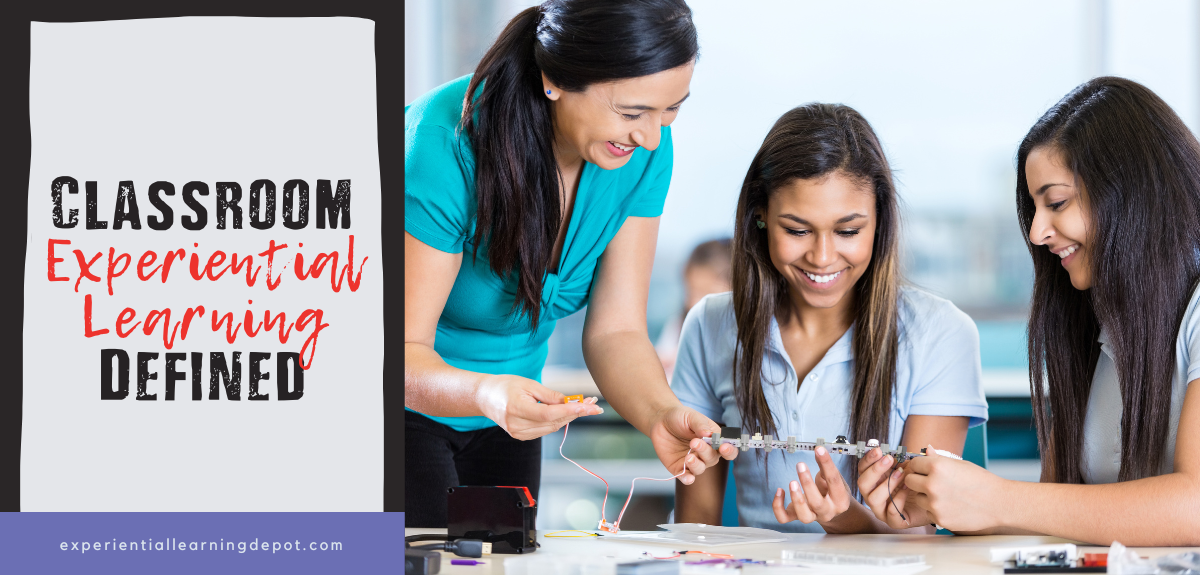
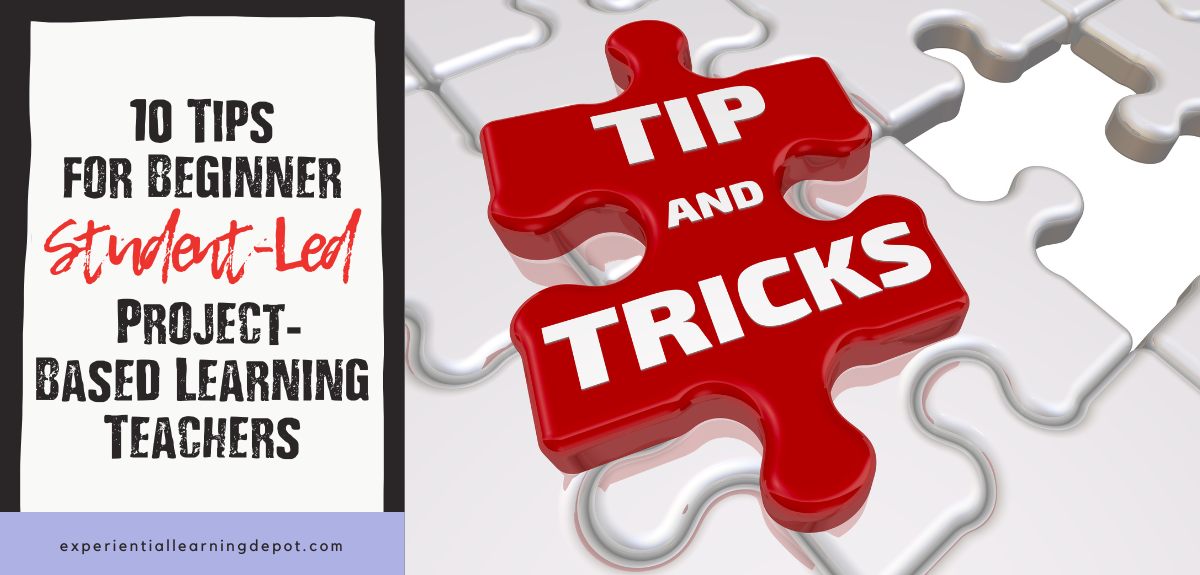
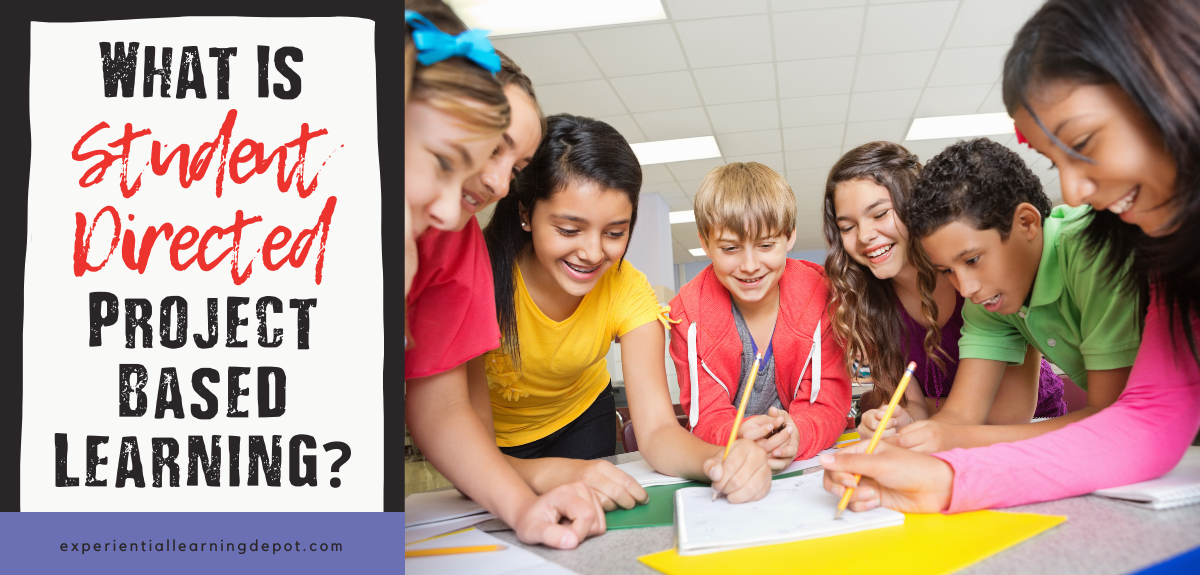
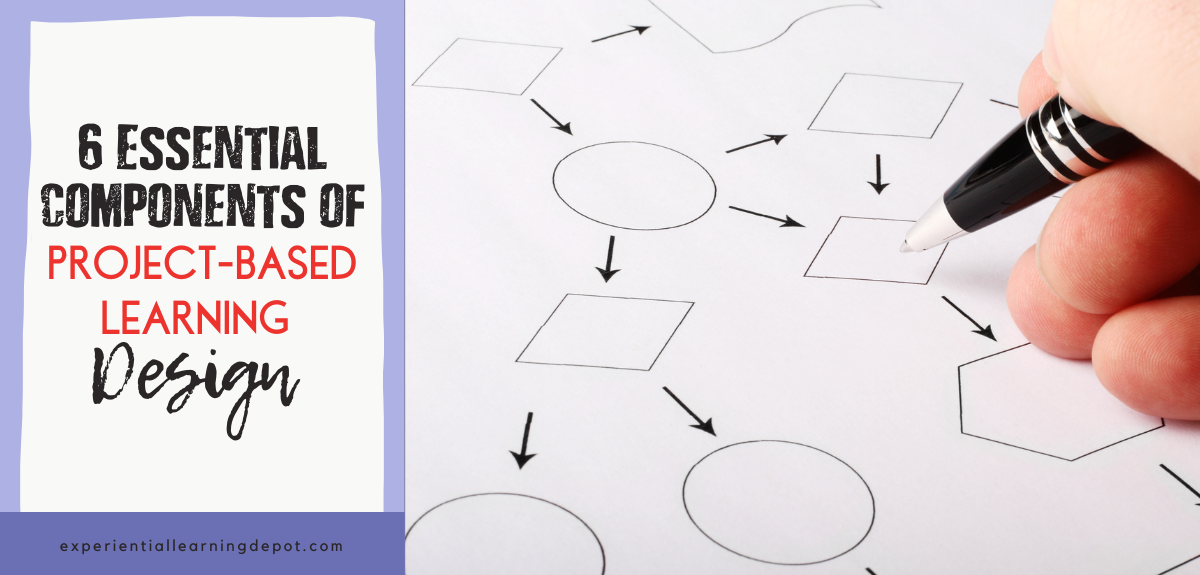
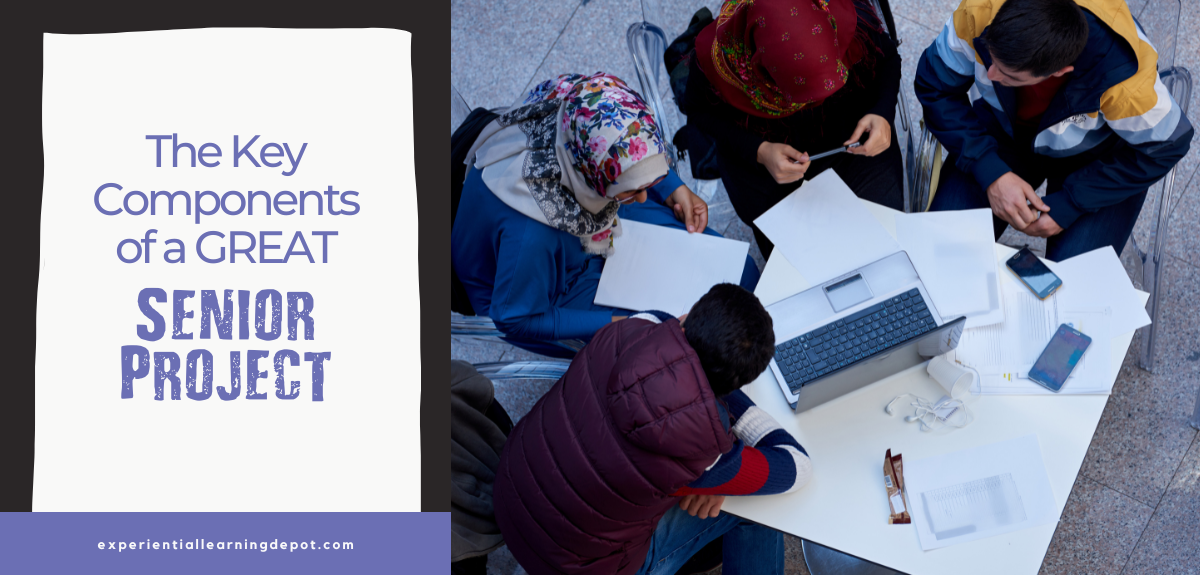
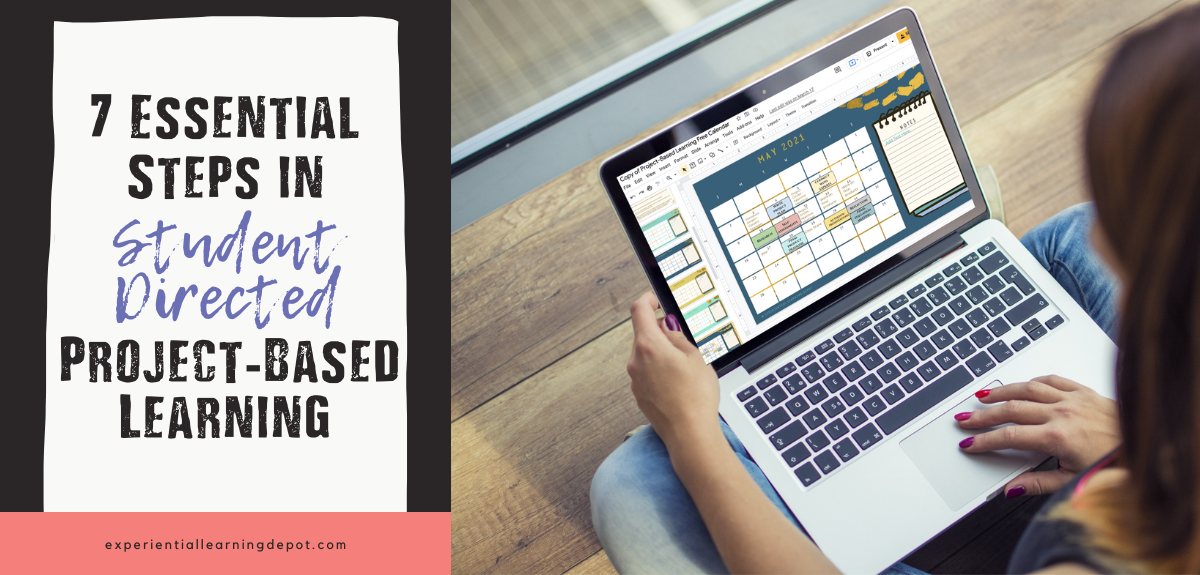

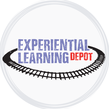
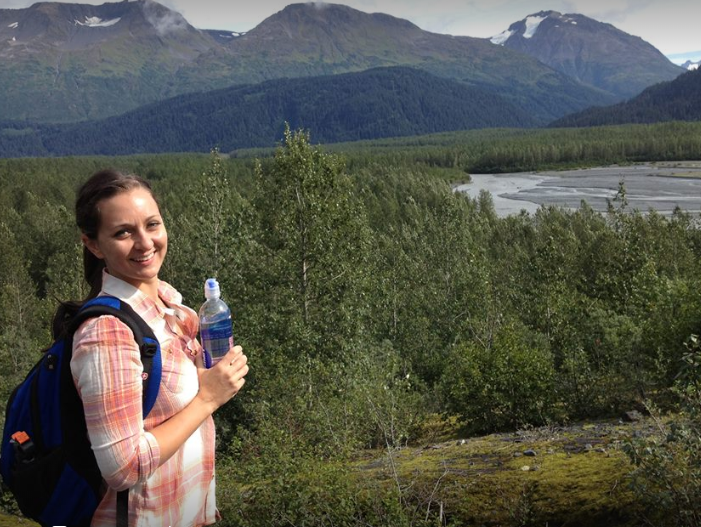
 RSS Feed
RSS Feed